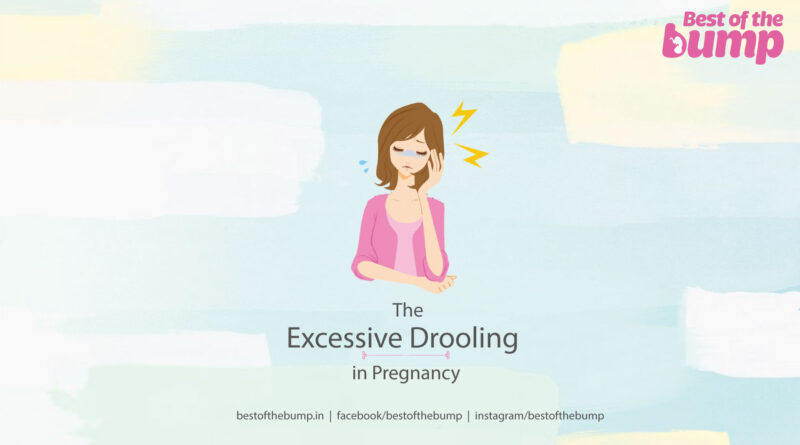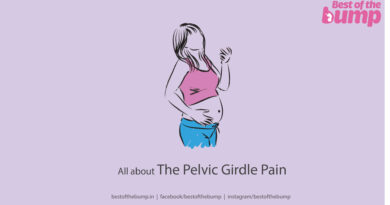The Excessive Drooling in Pregnancy
Drooling in Pregnancy, the first trimester of pregnancy is a period of immense changes in a woman’s body, as it adapts to support the growth and development of the baby. While this journey is filled with joy and anticipation, it can also bring along a variety of uncomfortable symptoms. Among the most common issues faced during early pregnancy are nausea and morning sickness. Additionally, many women experience excessive salivation, known as ptyalism, which can cause uneasiness and discomfort. In this article, we will delve into the causes of excessive drooling during pregnancy’s first trimester, understand its potential benefits, and explore various methods to manage this symptom effectively.
Ptyalism and Its Causes: Unraveling Excessive Drooling in Pregnancy

Understanding Ptyalism
Ptyalism, commonly known as excessive drooling, is a condition characterized by the production of an abnormally large amount of saliva. During pregnancy, this can become particularly prominent, especially in the first trimester when hormonal fluctuations are at their peak.
Hormones and Excessive Salivation
Drooling in Pregnancy, Hormones play a pivotal role in causing ptyalism during pregnancy. The surge in hormones, particularly estrogen and progesterone, can lead to increased saliva production. This is often coupled with nausea and morning sickness, making the early weeks of pregnancy challenging for many women.
The Benefits of Excess Saliva
While excessive drooling may be uncomfortable, it serves a purpose in supporting the pregnant woman’s digestive system. The excess saliva helps neutralize gastric acid in the stomach, aiding in digestion. Furthermore, it offers natural protection against antifungal and antibacterial infections in the mouth and teeth.
Managing Ptyalism during the First Trimester
Understanding the Transient Nature
Drooling in Pregnancy, the good news is that excessive drooling during pregnancy’s first trimester is usually a transient issue. As the body gradually adjusts to hormonal changes and pregnancy progresses, this symptom typically subsides on its own.
Hydration: The Key to Managing Excessive Saliva
It is essential not to reduce water intake due to excess saliva. Dehydration can signal the body to produce even more saliva, exacerbating the issue. Staying well-hydrated helps maintain the body’s natural balance and can aid in alleviating discomfort.
Practicing Oral Hygiene
Drooling in Pregnancy, maintaining good oral hygiene is crucial during pregnancy, especially when dealing with excessive drooling. Regularly brushing teeth with a suitable toothpaste and flossing can help keep the mouth clean and prevent any potential dental problems.
The Power of Minty Mouthwash
Drooling in Pregnancy, using a fresh, minty mouthwash at regular intervals can provide relief from the sensation of excess saliva in the mouth. The refreshing properties of the mouthwash may also help reduce nausea and morning sickness.
Chewing Gum: A Simple Solution

Chewing sugar-free gum can be an effective way to keep the saliva at ease. The act of chewing helps stimulate saliva flow and may provide some comfort during this phase.
Well-Balanced Diet and Smaller Meals
Drooling in Pregnancy, A proper and well-balanced diet with meals at smaller intervals can aid the digestive system, making it easier for the body to manage excess saliva. Consuming smaller, more frequent meals can help alleviate nausea and reduce the feeling of over-salivation.
Seeking Medical Guidance

Consultation with Healthcare Providers
In cases of severe sickness, nausea, or excessive drooling, pregnant women should not hesitate to seek medical advice. Consulting healthcare providers before opting for over-the-counter medications is recommended to ensure the safety of both the mother and the developing baby.
Drooling in Pregnancy, or ptyalism, can indeed be an uncomfortable symptom experienced by some women during the first trimester of pregnancy. However, understanding the underlying causes and potential benefits of this condition can provide reassurance that it is a normal part of the pregnancy journey.
Implementing simple strategies, such as maintaining proper hydration, practicing good oral hygiene, using minty mouthwash, chewing gum, and adopting a well-balanced diet, can help manage the discomfort associated with excessive drooling. For severe cases, seeking medical guidance from healthcare providers ensures the well-being of both the expectant mother and her baby. Remember, this phase is temporary, and as the pregnancy progresses, most women find relief from this symptom. Embrace the miraculous journey of pregnancy with grace and patience, knowing that every experience contributes to the growth and well-being of your baby.
See this also.



